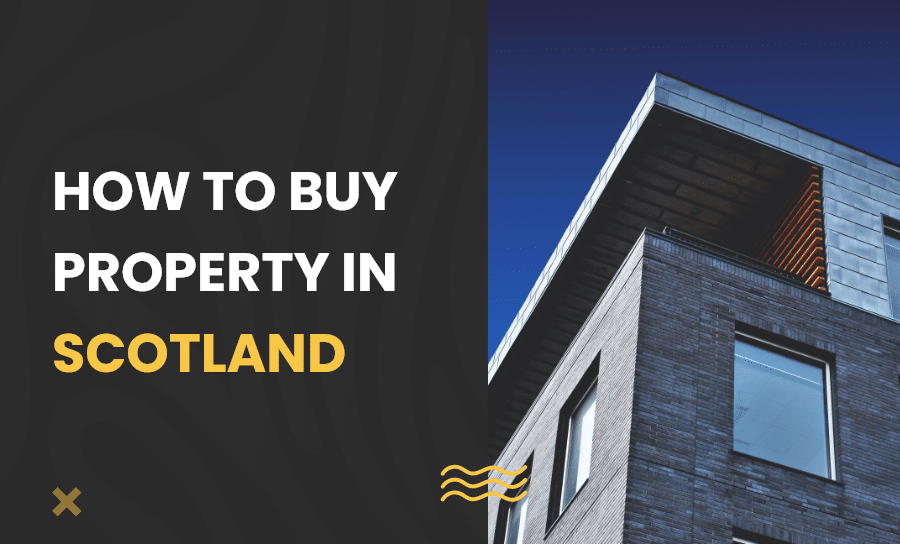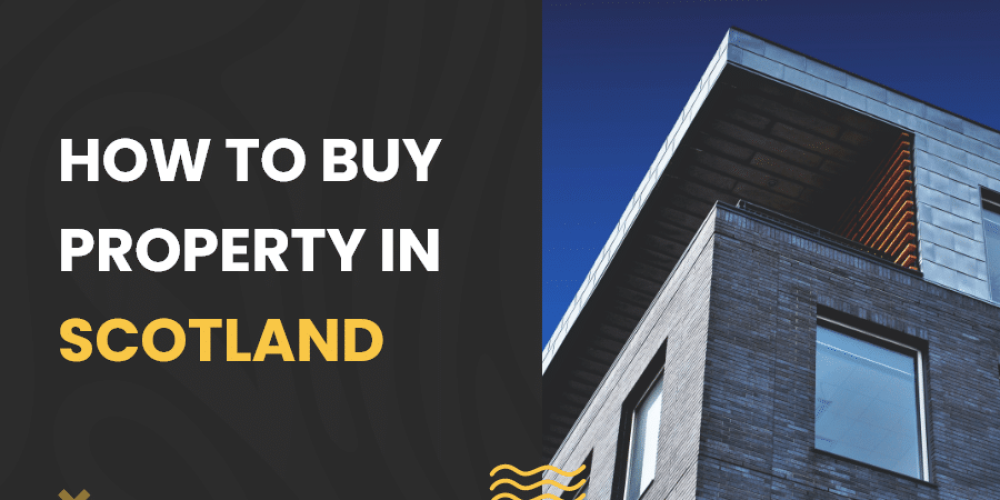
How to buy property in Scotland
The process of buying property in Scotland is straightforward. There are people to help you along the way, and we will discuss the roles of all the parties involved.
Once you understand who is involved during the property buying process, we can jump into the steps.
Parties Involved to buy property in Scotland
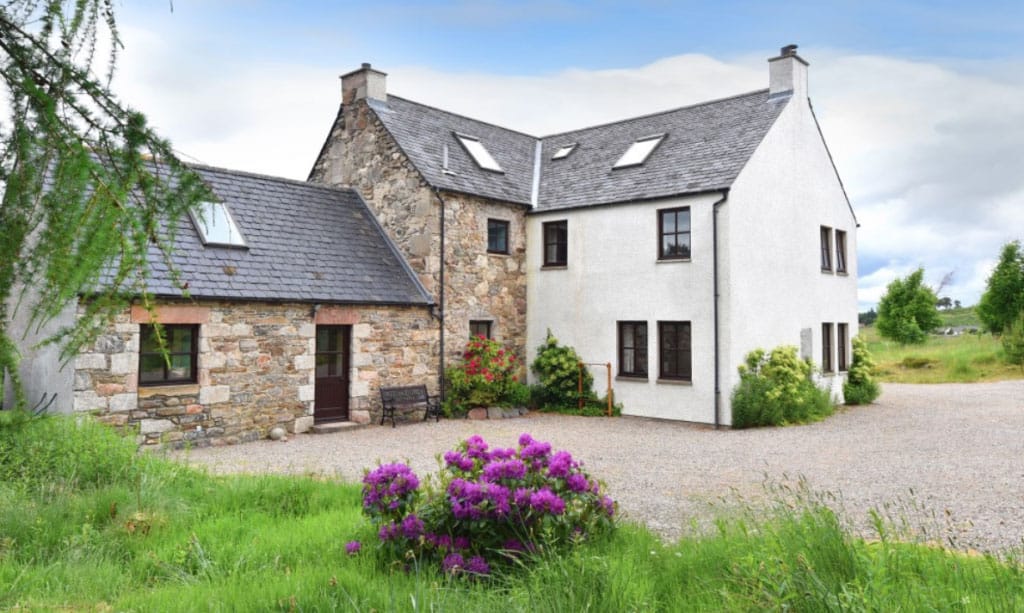
Source: LHH Scotland
Throughout this article, I will mention you as the buyer. Anytime I say “buyer”, I am referring to you or someone in general who is looking to buy property in Scotland. Now we can take a look at other parties that are involved.
Real Estate Agent
Not everyone gets a real estate agent because this person mainly shows you different properties. If you already found a property, then the solicitor can help you through the process.
The real estate agent is the first person you may meet when you are buying the property. I will discuss more of the role of the agent in the first step.
Solicitor
Once you have found a property, you will need a solicitor. A solicitor is a person that handles legal matters. The seller will have a solicitor, and the buyer will have a solicitor.
The solicitors will speak on behalf of what the seller and buyer needs. The formal letters written by the solicitors will display all the information.
Seller
Finally, the seller is the person who currently owns the property and will be selling it.
Steps to Buying Property in Scotland
Now that we understand all the parties involved, we can jump right into the steps. Mostly the solicitor will do everything once you find a property. The process of looking for a property is done with your agent.
1. View properties for sale

To get set up for viewings, it’s best to get to know local real estate agents. The real estate agent will help narrow down exactly what you are looking for.
If you have a list of preferences, now is the time to share it with your real estate agent. Now that the agent knows what you are looking for, they can help arrange viewings based on your preferences.
If you are having trouble deciding what you might prefer, you can let your agent know and set up viewings. The first few will allow the agent to see what you are looking for, and you will be able to learn a lot about what you prefer.
2. View Home Report for Properties
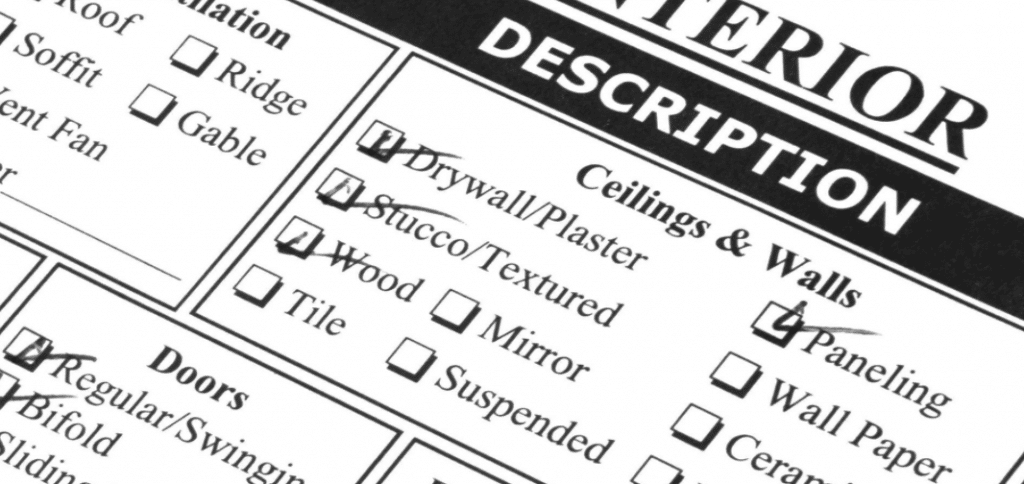
Source: the mortgage reports
A home report contains a single survey that consists of a property questionnaire. This report also includes a price valuation to take a deeper look into the house.
Houses will have a home report to look at the details of different rooms, such as the bedroom. You will also be able to see the following information:
- Developments of the house
- Mortgages
- Current Insurance
You can receive the home report for properties that interest you before you take any actions. Or you can submit the note of interest first, then take a look at the home report.
If you are unsure of when you want to take this step, you can ask your realtor for advice.
3. Note of interest
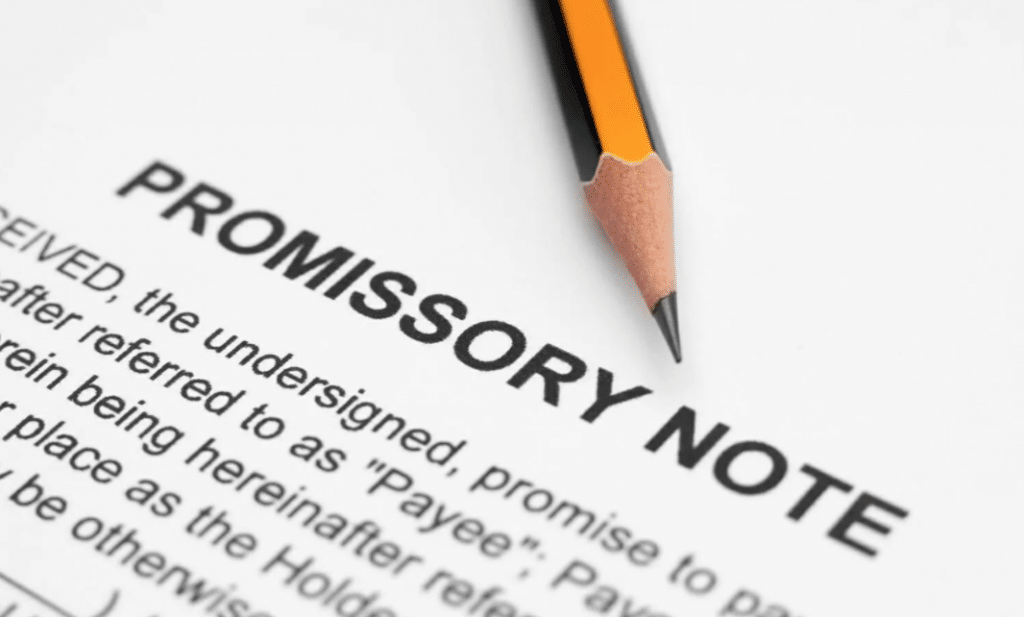
Source: cooperate finance institute
If you are interested in the property, ask the solicitor to write your formal note of interest. You are not tied to the property in any way. This note just informs the buyers’ solicitor of who is interested.
You can submit a note of interest for each property if you are looking at multiple houses.
By submitting a note of interest, you are asking to be updated on any developments.
Developments can include:
- When offers are being accepted
- Closing date
- Changes with the owner status of the property
4. Making an offer

A solicitor must submit a formal offer. When you have picked the property you are set on purchasing, instruct your solicitor to make an offer on a property. The offer does not guarantee that the property is yours, it is just an application step.
5. Closing Date

The seller’s solicitor will set a closing date for all offers to be submitted. Depending on the number of offers, you will hear the status of your offer on the closing date. If not, then the seller will announce when everyone is likely to hear the status of their offer.
6. Acceptance
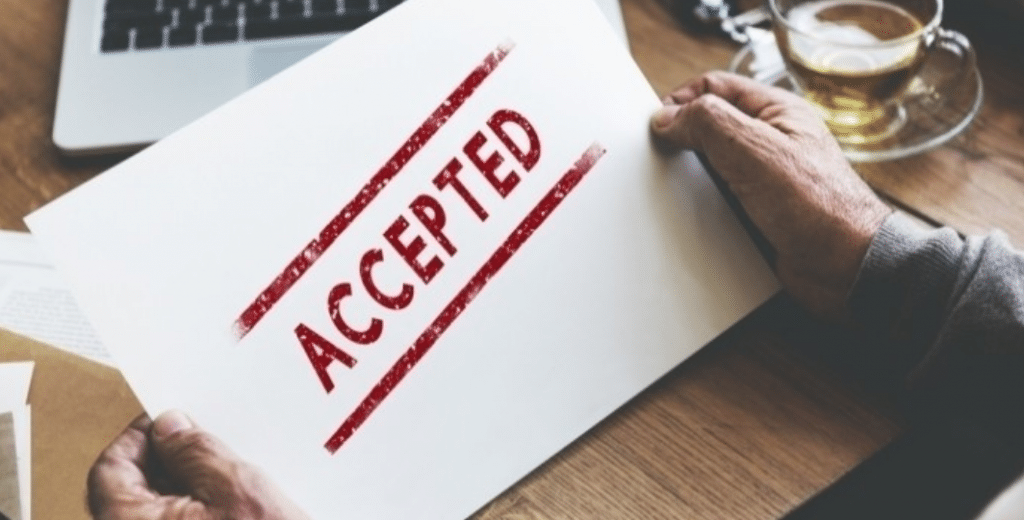
Souce:careeaddict
If your offer is accepted, then the seller’s solicitor will send you a formal acceptance letter. The letter includes qualifications and will be discussed with you and your solicitor. Any subsequent letters that are part of a legal contract are known as ‘missives‘, so you might hear this term a lot.
Your solicitor will inform you when missives are concluded, but at this part, you and the seller entered a legally binding contract.
7. Pay Deposit

By now, you will know the deposit amount, which is typically 10 per cent of the purchase price. You will pay within 14 days of the contract being concluded unless told otherwise. The deposit is held on a joint account can or may not be refundable. Money is typically not paid until this step.
8. Settlement
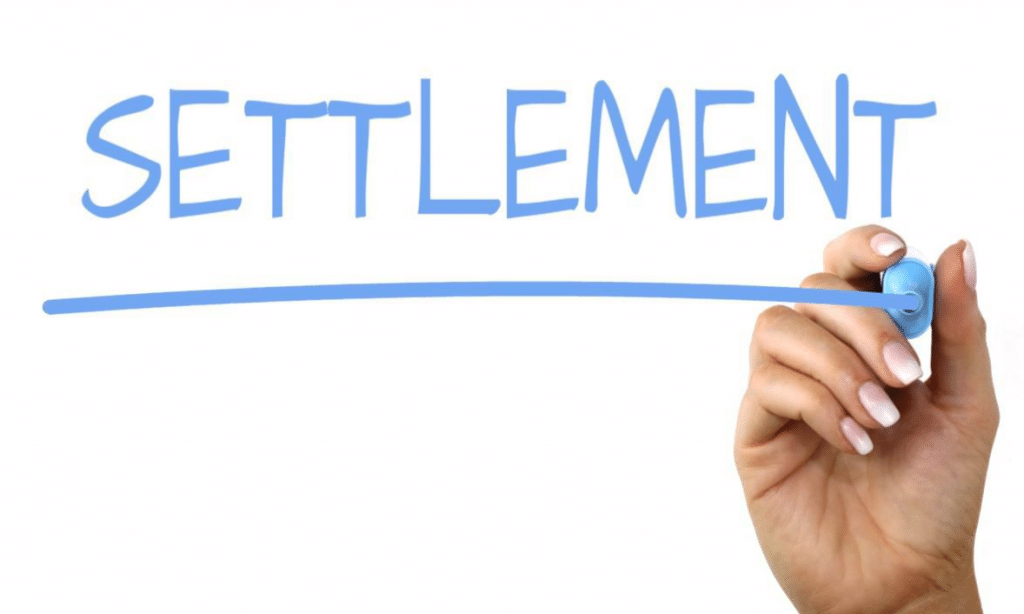
Source: investopedia
The settlement will be specified in the contract where the purchase price is paid to the seller’s solicitor in exchange for the disposition.
Disposition and registration
The disposition is a legal document that transfers the ownership from the seller to the buyer. A part of the disposition, your solicitor will arrange for the “Land and Buildings Transactions Tax” and obtain the confirming registration and certificate.
Conclusion
Hopefully, you now have a better understanding of how to buy property in Scotland. Any extra certifications, registrations, and legal documents will be dealt with by your solicitor, so please ask any questions.
Other than that, good luck with buying property in Scotland!
Title: How to buy property in Scotland

